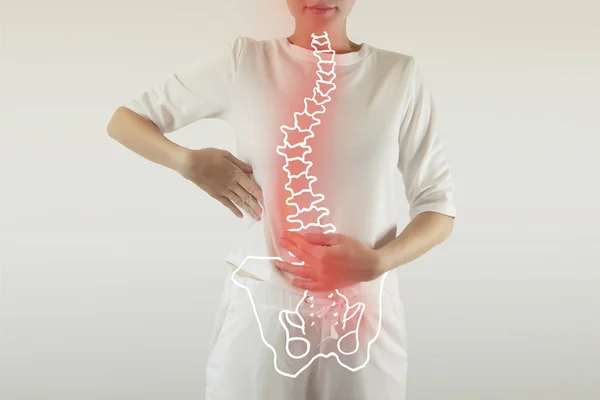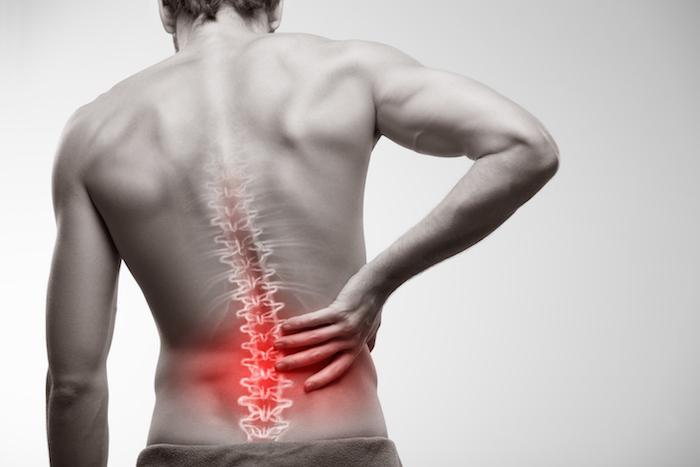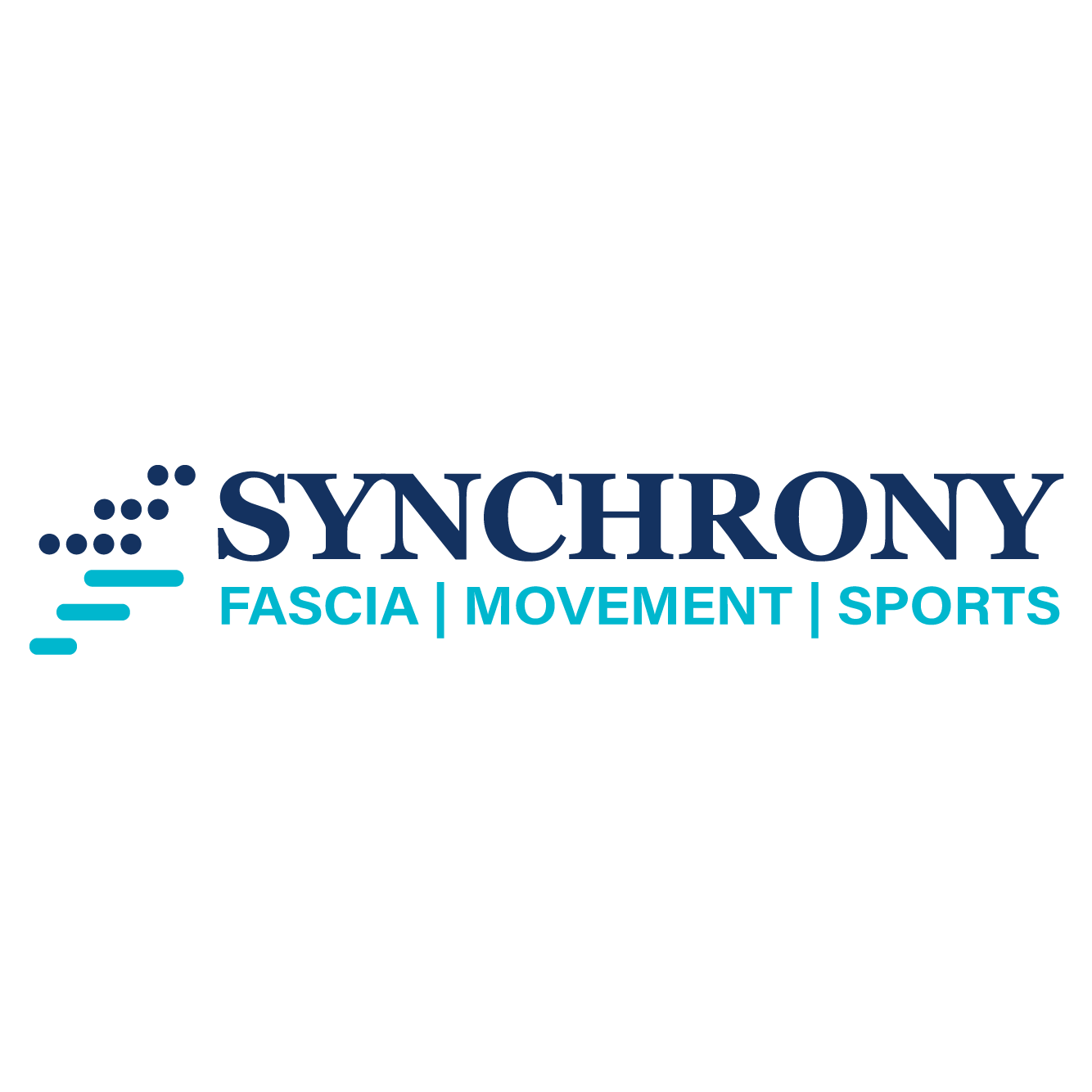Book an Appointment Today
No curve is too complicated with the right care. Our scoliosis specialists create customised treatment plans to support your journey toward improved posture, comfort, and long-term spine health.
Understanding the Condition?
Scoliosis is not just a simple curve of the spine—it’s a structural deformity that can impact posture, mobility, lung function, and overall quality of life. The severity and progression of scoliosis depend on the underlying cause, age of onset, and growth patterns.
Types of Scoliosis:
1. Idiopathic Scoliosis
- Infantile (0–3 years) and Juvenile (4–10 years): Early-onset scoliosis can significantly affect lung development. Regular monitoring is essential using Cobb angle and rib-vertebral angle difference (RVAD).
- Adolescent Idiopathic Scoliosis (AIS): The most common form, AIS typically emerges during the adolescent growth spurt. Curve progression is influenced by initial curve magnitude and growth velocity.
- Congenital Scoliosis: Present at birth, caused by vertebral malformations. Severity ranges from minor deformities to life-threatening spinal cord compressions.
2. Neuromuscular Scoliosis
Caused by underlying neuromuscular conditions such as Cerebral Palsy, Spina Bifida, Duchenne Muscular Dystrophy, or Spinal Muscular Atrophy. These patients often present with poor trunk control, progressive spinal collapse, and respiratory complications.
3. Syndromic Scoliosis
Associated with genetic or developmental syndromes like Marfan Syndrome, Neurofibromatosis, Rett Syndrome, and Ehlers-Danlos Syndrome. This type of scoliosis often accompanies systemic symptoms and requires a multidisciplinary care approach.


Common Issues in Scoliosis
- Postural imbalance and spinal asymmetry
- Limited flexibility and mobility
- Pain and fatigue from muscle imbalance
- Respiratory issues, especially with thoracic curves >80°
- Psychological effects due to body image concerns
- Neurological complications in severe or congenital cases
- Progressive worsening during growth spurts
Our Approach to Scoliosis Treatment
Our clinic follows a holistic, patient-centric model that emphasizes early detection, individualized care plans, and ongoing monitoring. We combine diagnostic precision with cutting-edge therapeutic strategies to effectively manage scoliosis and improve quality of life.
Assessment & Diagnosis:
- Physical Examination: Includes height measurement, gait analysis, spinal inspection, pubertal assessment, and full neurological evaluation.
- Imaging Studies: Standing PA and lateral spine radiographs, evaluating parameters such as Cobb angle, kyphosis, lordosis, pelvic tilt, and more.
- Functional Testing: Gait assessments, forward bending tests, and use of tools like a scoliometer to measure curve severity.

Synchrony Techniques Used to Treat Scoliosis
We employ evidence-based physiotherapy methods tailored to the individual’s curve type, severity, and lifestyle. These include:
- Fascia Dynamics: Hands-on realignment of fascia, muscle, nerve, and skeletal components to help improve spinal curves and make your exercise program more effective.
- Schroth Method: A highly effective scoliosis-specific exercise program that focuses on postural awareness, rotational breathing, and muscle strengthening.
- SEAS (Scientific Exercise Approach to Scoliosis): Active self-correction strategies to maintain spinal alignment during daily activities.
- Core Stabilization Training: Improves spinal support and reduces postural fatigue.
- Postural Re-education: Teaches patients to maintain correct alignment in various positions.
- Breathing Exercises: Especially important for patients with thoracic curves affecting lung function.
- Custom Bracing Guidance: Coordinated with orthotists when bracing is indicated.
Why Choose Us for Scoliosis Consultation?
When it comes to scoliosis care, experience, precision, and compassion matter. Here’s why patients and families trust us:
- Expert Team: Our physiotherapists and clinicians are trained in advanced scoliosis-specific techniques like Schroth and SEAS.
- Comprehensive Diagnosis: We offer thorough evaluations including physical, neurological, and radiological assessments.
- Individualized Treatment Plans: No two scoliosis curves are the same. We tailor our interventions to each patient’s needs and goals.
- Cutting-Edge Facility: Our centre is equipped with the latest tools for posture analysis, digital imaging, and therapeutic exercise.
- Patient Education: We empower our patients and their families with the knowledge they need to manage scoliosis confidently.
- Proven Track Record: With hundreds of successfully managed cases, our outcomes speak for themselves.
Preventive Care and Education
At our centre, prevention and patient education are core pillars of scoliosis care. Our program includes:
- Early screening and curve detection programs
- Growth monitoring in children at risk
- Parental guidance and counselling
- Ergonomic education for school and home environments
- Lifestyle modifications to reduce curve progression
- Periodic follow-ups to detect early signs of deterioration
FAQs
Scoliosis in kids is most often caused by unknown (idiopathic) reasons, but it can also result from genetic factors, abnormal spine development before birth (congenital), neuromuscular conditions such as cerebral palsy or muscular dystrophy, injuries, or family history.
Main Causes of Scoliosis in Kids
- Idiopathic (Unknown) Causes: Most common—develops for reasons not fully understood, often runs in families, and usually appears during growth spurts.
- Congenital Scoliosis: Caused by abnormal development of spinal bones in the womb, present at birth.
- Neuromuscular Disorders: Associated with medical conditions affecting the muscles or nerves, including cerebral palsy, muscular dystrophy, or spinal cord abnormalities.
- Genetic Factors: Family history may increase the risk, suggesting a genetic component.
- Injuries or Infections: Less commonly, trauma or infections affecting the spine can lead to scoliosis.
If you have scoliosis, avoid activities and habits that strain your spine, worsen posture, or increase risk of injury—choose gentle exercise and maintain good posture for better spine health.
Activities and Habits to Avoid
- Heavy Lifting & Backpacks: Avoid lifting heavy objects or carrying heavy backpacks; these put extra pressure on your spine, making the curve worse.
- High-Impact & Contact Sports: Steer clear of football, hockey, gymnastics, and other sports with lots of jumping, twisting, or collisions, which risk spine injury.
- Repetitive Motions: Bowling, tennis, golf, and sports that overuse one side of your body can make spinal curvature worse and cause muscles to tire unevenly.
- Poor Posture: Avoid slouching or staying in awkward positions for too long—sitting or standing crooked can intensify pain and spinal curve.
- Extreme Exercises: Don’t do yoga backbends, deep abdominal crunches, or aggressive stretching—these movements can cause harmful spinal strain.
- Soft Mattresses or Stomach Sleeping: Sleeping on an old mattress or belly sleeping increases spine pressure; use a firm mattress and sleep on your back or side.
Scoliosis progression stops mostly after bone growth ends at ages 16-18, with the fastest worsening during puberty growth spurts. After skeletal maturity, the spine curve usually stabilizes, but slow changes can still occur in adults. Early detection and treatment help control progression.
Yes, most people with scoliosis can live a normal, active life. With proper care, treatment, and healthy lifestyle choices, individuals can manage symptoms, stay mobile, and do regular activities including sports and exercise. Early diagnosis and following medical advice help improve quality of life significantly. Scoliosis usually does not cause major pain or health problems for most people.
Adult scoliosis treatment includes non-surgical methods like physical therapy, pain medication (NSAIDs), posture training, and activity modification to manage pain and improve spine stability. In severe cases with large curve angles or complications, surgery such as spinal fusion may be recommended to correct deformity and relieve symptoms.
Request a Free Phone Consultation
Fill out the form and we will contact you.
Get In Touch In The Mean Time.
Want to Visit Our Clinic? Please Call Us
